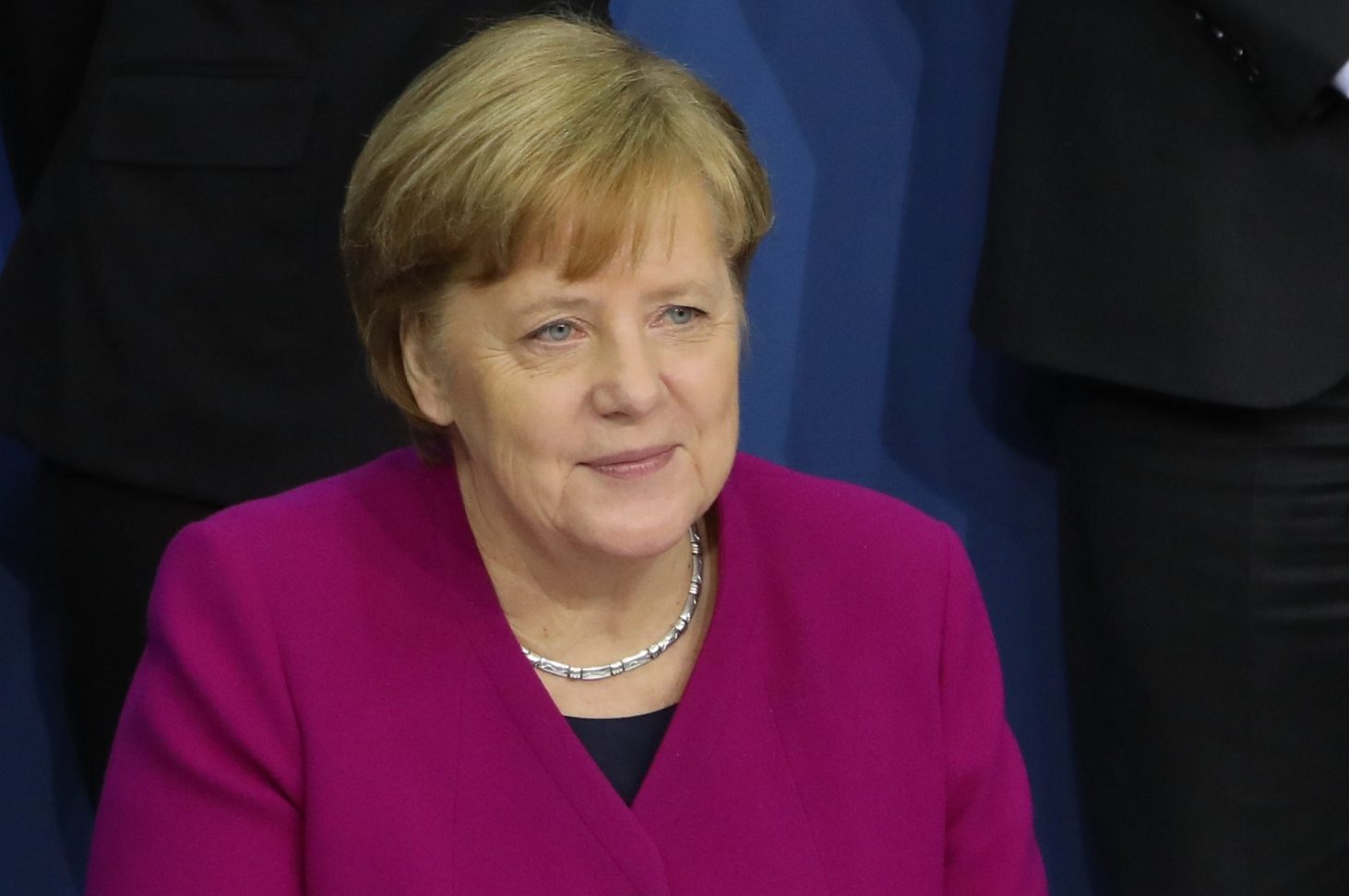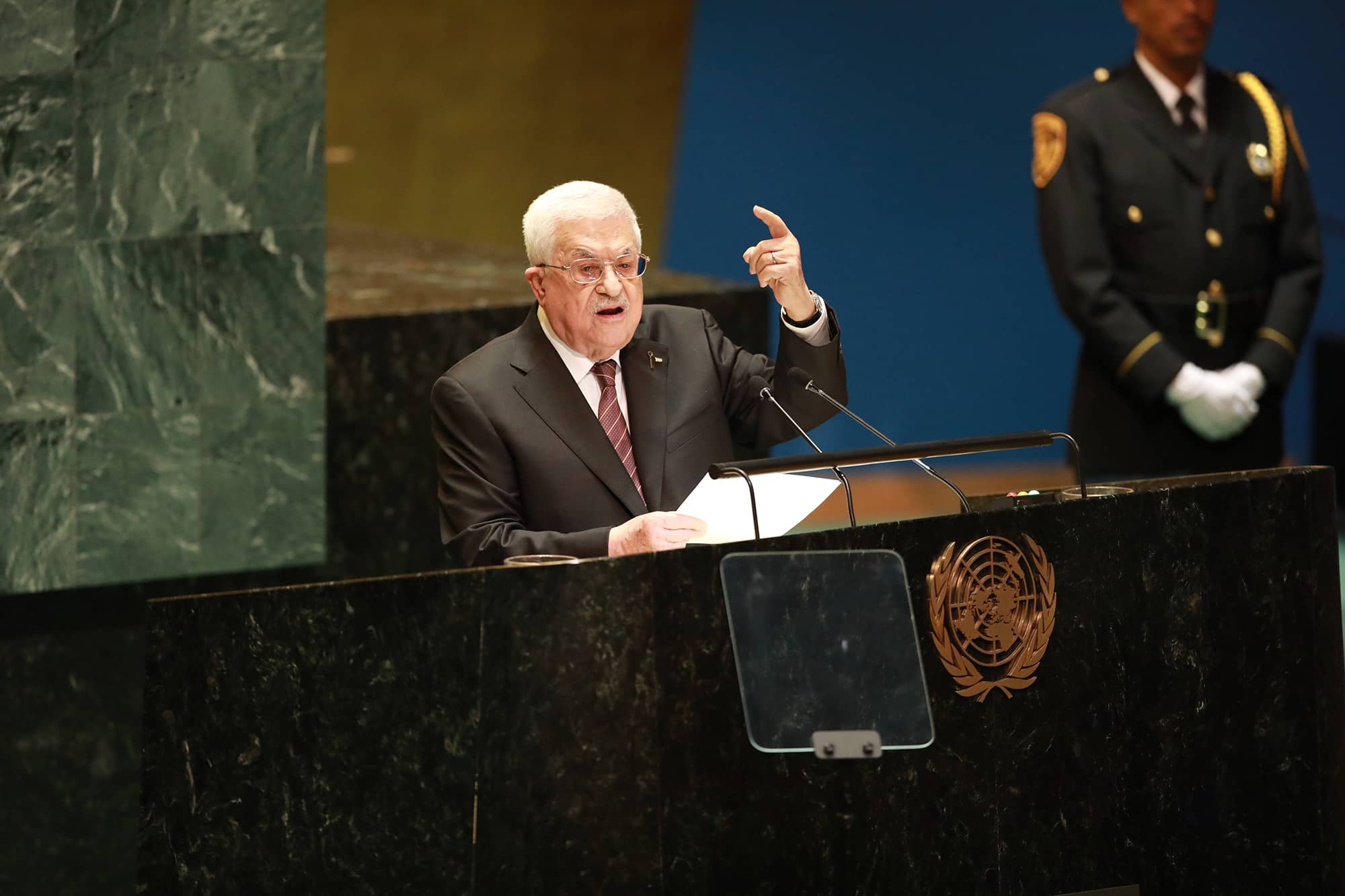Before flying to Israel, German Chancellor Angela Merkel uploaded a video with the usual and expected messages: Germany and Israel have a special relationship because of the Holocaust; economic ties between the two countries are flourishing; Germany supports a two-state solution to the Israeli-Palestinian conflict; Germany will not tolerate antisemitism on its soil.
Yet behind those bullet point platitudes lies a grimmer reality and a widening gap between Israel and Germany on three issues: first, the German government’s denial of antisemitism’s true nature in Germany; second, Germany’s efforts to circumvent US sanctions on Iran; and third, Germany’s insistence on maintaining and even on increasing funding for UNRWA.
The first issue is the true nature of antisemitism in Germany. The German police published a report in August 2018, which claimed that most antisemitic attacks in Germany are perpetuated by neo-Nazis. This claim is contested by German Jewish officials who insist that the police have been overlooking or not registering antisemitic attacks perpetuated by Muslims.
For example, the German police absurdly labeled a 2016 Salafist rally as a “neo-Nazi” one because some Salafists made the Nazi salute. Germany’s Muslim population increased significantly when Merkel took the controversial decision of letting nearly a million Syrian refugees enter the country in 2015.
The second issue is Germany’s stance on the nuclear deal with Iran. Merkel and her foreign minister Heiko Maas (from the Social Democratic Party) openly support the European Union’s so-called “special purpose vehicle” mechanism, which was designed to maintain financial transactions with Iran despite US sanctions.
US financial sanctions on the Iranian regime will go into effect on November 5, but they will be undermined by the EU’s policy, which the Merkel government supports – to Israel’s dismay. In his UN address this past September, Netanyahu lamented the fact that “Europe and others are appeasing Iran by trying to help it bypass those new sanctions.” He had Germany in mind.
The third issue is Germany’s increased support for UNRWA, the UN agency that has been perpetuating rather than solving the Palestinian refugee problem for seven decades. Here also, the Merkel government is openly challenging the Trump Administration.
US President Donald Trump recently announced that the US would no longer bankroll UNRWA because it nurtures the illusion of the “right of return” to Israel (which is incompatible with a two-state solution), because it incites violence against Israel, and because it harbors terrorists and their weapons. Here again, the Merkel government is undermining US policy: it announced in August 2018 that it would increase Germany’s financial support for UNRWA.
On the one hand, the German government says it won’t tolerate antisemitism; on the other hand, it refuses to admit that the main source of anti-Jewish violence in Germany today is the Muslim antisemitism of Turkish immigrants and of Syrian refugees.
On the one hand, Merkel says that Germany is committed to Israel’s security; on the other hand, she actively undermines US sanctions against a regime that calls for Israel’s annihilation and that is developing a military nuclear program.
On the one hand, Germany says it supports a two-state solution; on the other hand, it proudly bankrolls UNWRA, which constitutes the ultimate obstacle to such a solution by transmitting the refugee status to the descendants of the 1948 refugees, and by nurturing the myth of their ultimate “return” to Israel.
Germany is being inconsistent and duplicitous on all three issues, and the time has come to say it loud and clear.
The author is a fellow at the Jerusalem Institute for Strategic Studies (JISS) and an International Relations Lecturer at Tel-Aviv University and at the Herzliya Interdisciplinary Center.
Published in The Jerusalem Post, 05.10.2018
JISS Policy Papers are published through the generosity of the Greg Rosshandler Family.
photo: Sandro Halank, Wikimedia Commons, CC BY-SA 3.0 [CC BY-SA 3.0], from Wikimedia Commons















